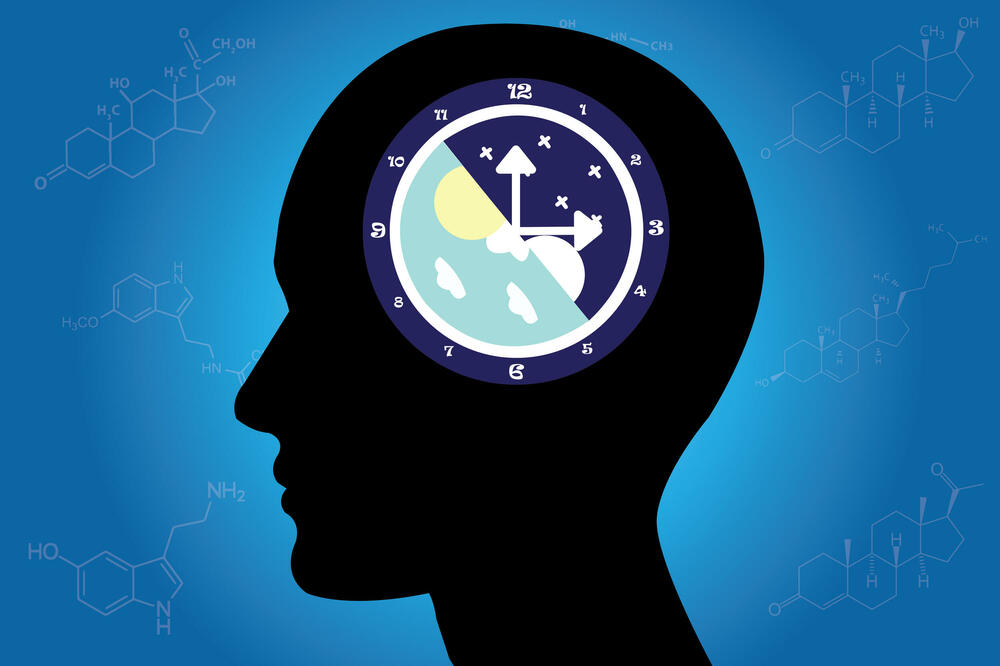Moving the clock forward in spring, which introduces daylight saving time, can have a short-term negative impact on the human body. Losing an hour of sleep can make many people feel tired and can disrupt the internal biological clock or circadian rhythm. This shift can increase the risk of heart attacks, strokes and other health problems in the short term after the switch. It can also lead to problems with concentration, productivity and general mood.
The long-term effects of these changes on the human body are still the subject of research. There are arguments both for and against the practice of moving the clock, and some countries and regions have decided to stop this practice due to the aforementioned health effects.
Some people adapt quickly to changes, while others may need more time for their biological clock to adjust to the new schedule.
But is it just a harmless change or something that can seriously affect our life?
Scientists have done serious research on this topic and discovered the following results:
1. Impact on physical health
A study by the University of Finland shows that moving the clock can have serious consequences on our physical health. Citing increased incidence of fatigue, sleep problems, concentration problems, heart problems and even an increased risk of stroke.
2. Impact on mental health
On the other hand, research from Lund University shows that the change in mood, which we usually associate with moving the clock, actually has deeper roots.
Scientists point out that sleep disturbances caused by jet lag can have a significant impact on our mental health. A similar conclusion is reached by the University of Alabama, stating that moving the clock forward causes a change in the way our brain processes information, which leads to an increase in the number of cases of depression.

Losing sleep, even if it's just for an hour, can lead to increased feelings of anxiety and depression, as well as decreased emotional stability. Research published in the "American Economic Journal: Applied Economics" links moving the clock forward with an increase in the number of suicides and depression.
3. Not all consequences are negative
Research from the Norwegian University of Trondheim shows that when the clock goes back, many people say they feel happier and more relaxed.
4. Tips for easier adaptation
Experts advise that in order to effectively adapt to these changes, people should gradually change their bedtimes and wake-up times. It is also helpful to avoid caffeinated foods and drinks, as well as electronic devices before going to bed.
Although we cannot control the weather, we can learn to better cope with the changes it brings. Don't forget, time is relentless, but our body is also stronger and more resilient than you think.
Bonus video:





